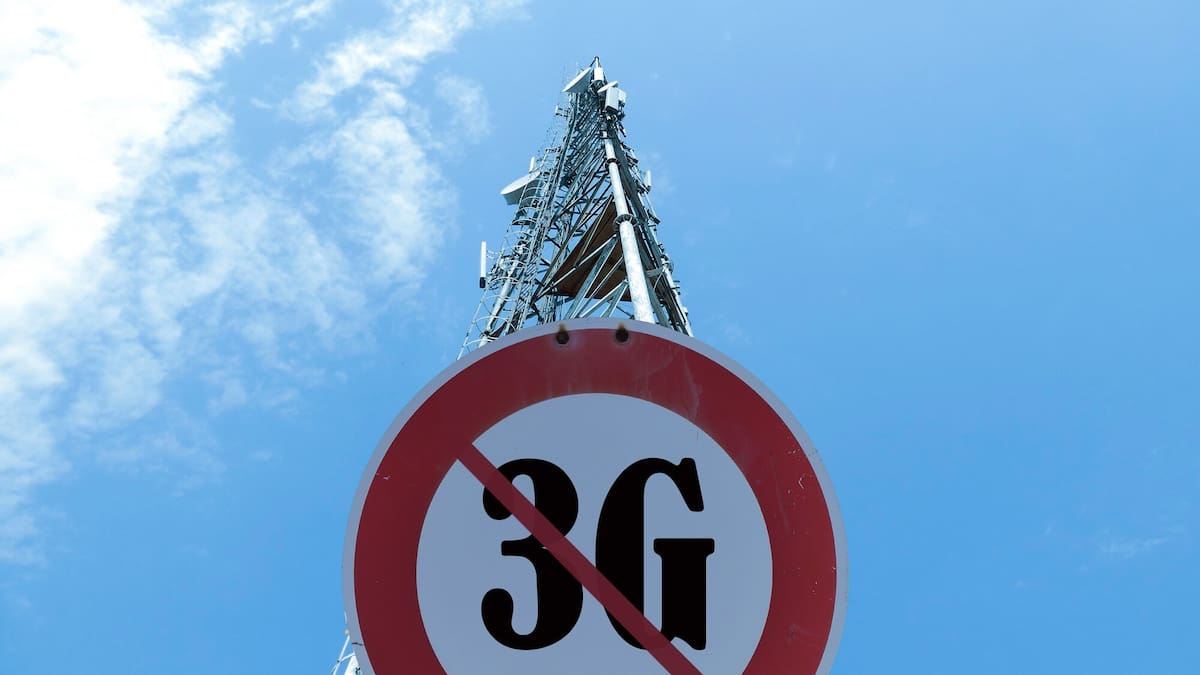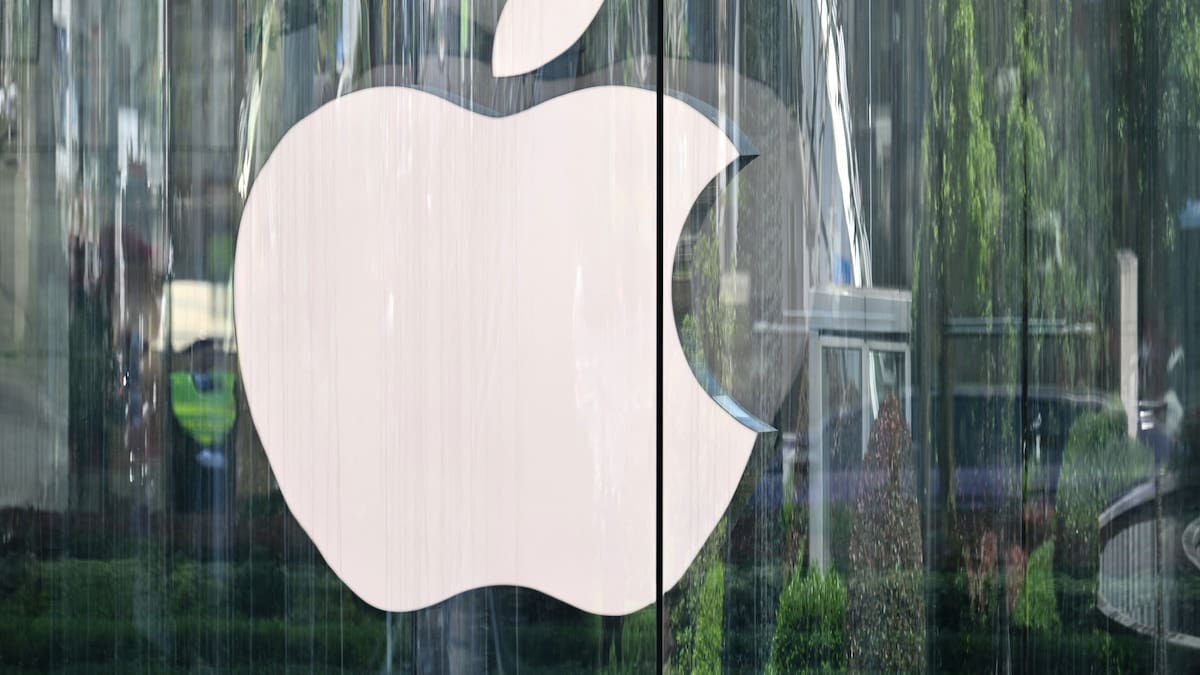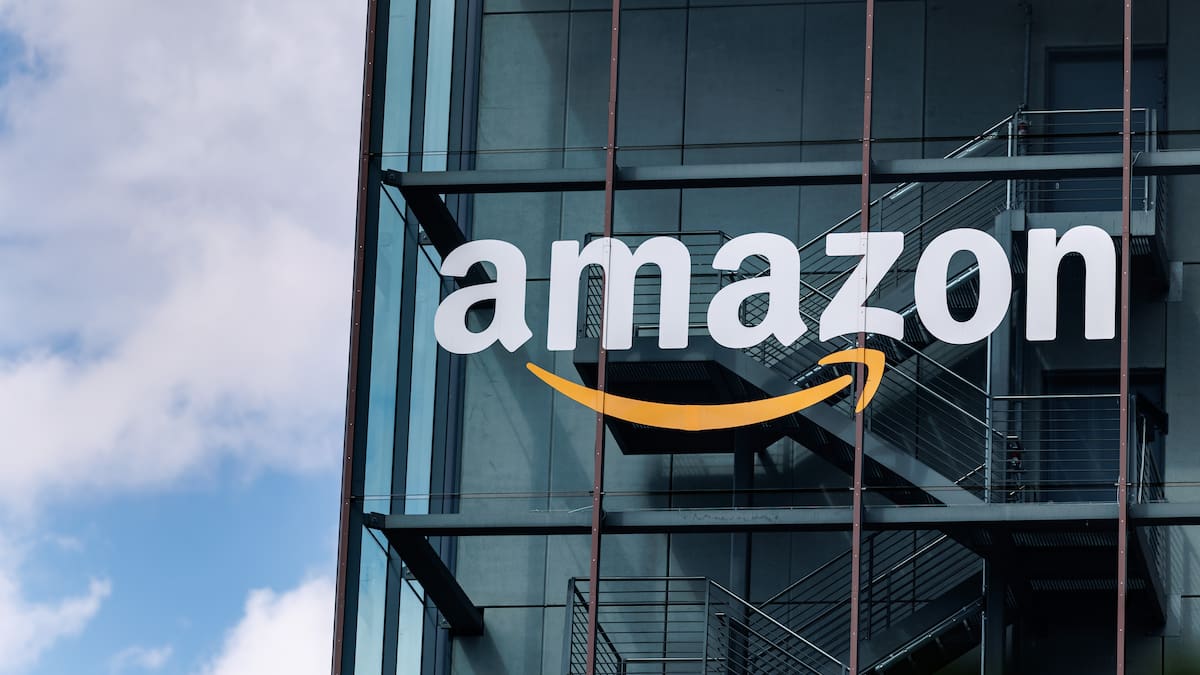After Glynn-Begbie complained to PB Tech, a support staffer emailed him:
“We’ve reviewed the situation in full and can confirm that while your device is functional, it does not support 4G calling (VoLTE) or WiFi calling on the 2degrees network.”
VoLTE is the technology used by all three of New Zealand’s mobile networks.
“We understand this may be frustrating, especially with the upcoming 3G shutdown scheduled for the end of 2025. Our position in cases like this is to assess the device under the Consumer Guarantees Act once the 3G network is fully turned off.
“If the phone is no longer able to make calls at that point and no fix is available, we will offer a suitable remedy such as a refund or replacement.”
Tech Insider drew the pensioner’s case to Consumer NZ’s attention – and the legal experts there say that, in their opinion, Glynn-Begbie should get a refund now.
“Under the Consumer Guarantees Act [CGA], goods must meet certain guarantees, including the guarantee the goods must be of acceptable quality, fit for purpose and match their description,” Consumer campaigns manager Sahar Lone said.
“In this case, if the phone was sold as being 4G-capable, but uses 3G for voice calls, it does not meet its description.
“It will also soon no longer be of acceptable quality, nor fit for purpose.
“Therefore, we think the customer is entitled to ask for a refund or replacement under the CGA now.
“Given PB Tech is aware of this issue, we expect it to make it easy for others who bought this phone to get a refund or replacement – preferably by proactively alerting customers.”
PB Tech has been approached for comment.
After the initial 3G phone incident – where PB Tech St Lukes did provide a refund – PB Tech general manager marketing Richard Elstob told Tech Insider:
“Our mobile phone product manager has confirmed that all modern Xiaomi phones have hardware that supports 4G, however network settings with the local telcos here means that in certain conditions, the 3G band is still being utilised in some devices.
“As a result, Xiaomi are working with the local network operators here to make sure their software is correctly configured to ensure compatibility moving forward.
“Xiaomi and 2degrees are already connected and working together on this, and we also expect Xiaomi to work with both Spark and One NZ in the months ahead to ensure their 4G software settings are compatible with the local networks here.
“As such, we don’t expect any 3G shutdown-related issues to arise for people who are using modern Xiaomi handsets purchased from PB Tech on mobile networks in New Zealand.”
A New Zealand telco insider told the Herald: “Many thousands of phone models such as those in the Xiaomi/Redmi range … as far as we can tell, have not incorporated our VoLTE network settings – this is true for all three New Zealand mobile operators – and … we haven’t tested and approved [them].”
VoLTE and other network setting were already available to Xiaomi and other phone makers through New Zealand mobile network operators’ participation in the global GSMA Network Settings Exchange.
Not us – Auckland Council on Amazon’s quiet construction site
Amazon is building a giant data centre at Westgate on a piece of land the size of four rugby fields.
Last week, Tech Insider visited the northwest Auckland construction site and found it nearly deserted, with only a couple of people and one digger visible. It was the same story with a second visit.
The site, still at a preliminary earthworks stage, looked almost identical to the last time the Herald took photos in February.
Construction did face initial delays after consent was paused in September 2023, when Auckland Council raised issues with Amazon’s stormwater plan.
But the drainage issues were overcome and earthworks began last year. Amazon has said it will spend $7.5 billion over 10 years on its Auckland data centre region.
Tech Insider wondered if any other consent issues had come up, or recurred, and last week put in a query to Auckland Council.
A council spokeswoman replied: “There are no issues from a regulatory perspective – including with the resource consent – which have led to a pause in construction.”
Amazon earlier said its new Auckland cloud region – originally slated for 2024 – was on track to open this calendar year.
Today, a spokeswoman stuck by that timetable.
“We are excited about the new AWS Asia Pacific New Zealand Region, which is on track to launch in 2025, enabling Kiwi organisations to run their workloads and store their data across three physically separate Availability Zones right here in Aotearoa,” she said.
The firm won’t comment on details of the build. In keeping with its international security policy, it won’t even acknowledge the well-publicised location of the site. But one operational fallback would be to utilise the nearby data centres recently opened by sometime AWS partners CDC and DCI.
The Bird flips
Speaking of Amazon, Tim Dacombe-Bird, Amazon Web Services (AWS) New Zealand country manager and regional sales manager between September 2013 and February this year, has been named head of Google Cloud for New Zealand.
Manuel Bohnet was named as the new AWS NZ country manager earlier this year. Bohnet previously had a series of senior roles with Amazon in Europe.
Government forms AI advisory group
An AI (artificial intelligence) advisory group has been named by the Government’s chief digital officer, Paul James.
It will “provide important advice so government agencies can responsibly use AI to deliver services efficiently, modernise public services and deliver better outcomes for all New Zealanders”.
Its members are:
- Professor Michael Witbrock (chair), professor of computer science at Auckland University
- Frith Tweedie, principal, director, Simply Privacy
- Paul Littlefair, chief digital officer, Kiwibank
- Dr Te Taka Keegan, co-director of the AI Institute Māori Artificial Intelligence Institute, the University of Waikato
- David Shanks, acting deputy commissioner, enterprise and integrity services at Inland Revenue
- David Downs, CEO, New Zealand Story Group; chair, Icehouse board chair
- Andrew Jackson (observer), Policy Hub, Victoria University
Government tech advisory panels have a pretty crummy recent history – thinking of the ill-starred Digital Council and the capable but widely-ignored Startup Council.
Hopefully, this one will buck the trend.
There’s already some outside advice.
A report by Mandala Partners said, “New Zealand currently lags peers, especially in digital skills, AI start-ups, and venture capital investment”.
Government agencies had to do more to lead by example, the report said.
Chris Keall is an Auckland-based member of the Herald’s business team. He joined the Herald in 2018 and is the technology editor and a senior business writer.






